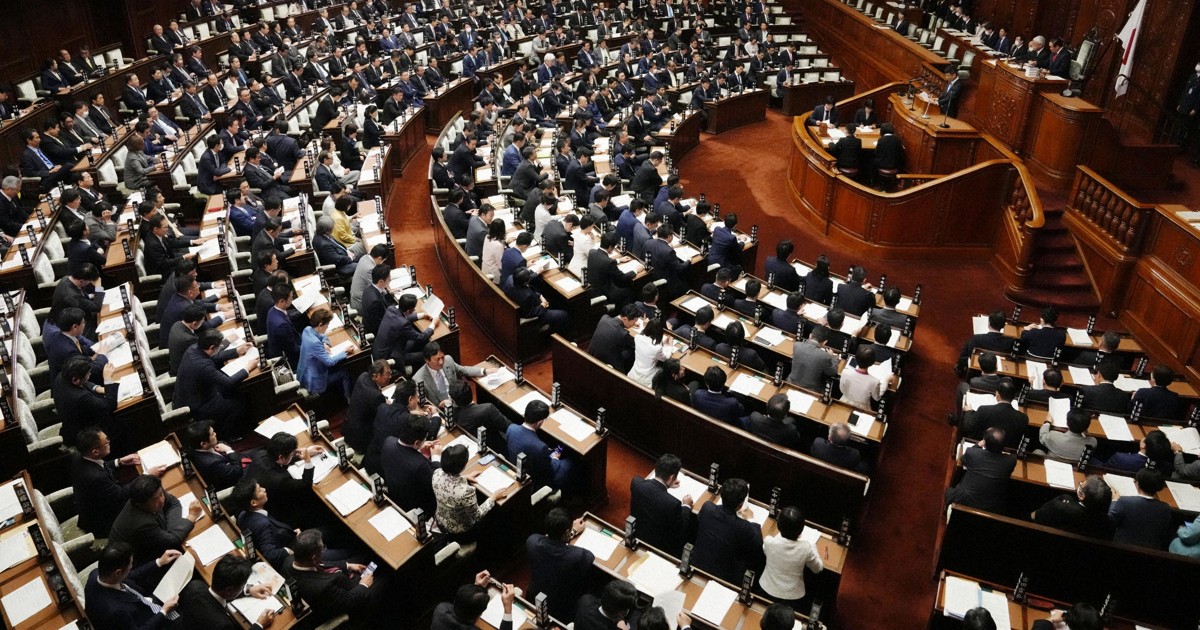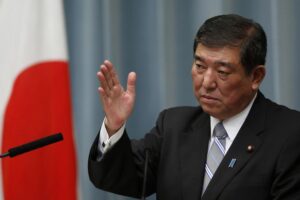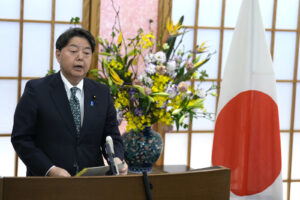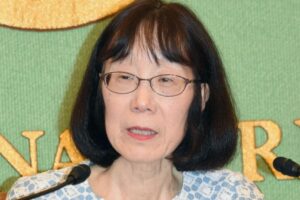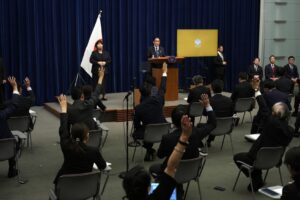Tokyo, 22 May, /AJMEDIA/
Japan’s House of Representatives on Tuesday cleared a bill to reform the controversial foreign trainee program to encourage workers from abroad to stay longer through a new system amid a serious labor shortage in the aging country.
As the new system would help increase the number of permanent residence permits, the bill includes provisions to revoke such status if the residents deliberately avoid paying taxes or social insurance premiums, drawing opposition from some supporters of foreign workers.
The current Technical Intern Training Program, introduced in 1993 as a way to transfer skills to developing nations, has been criticized as a cover for importing cheap labor. Many trainees have run away due to abuse or unpaid wages and harassment.
The new program aims to develop foreign trainees over three years to a level where they can shift to the specified skilled worker system, launched in 2019, that allows for stays of up to five years with the potential for obtaining permanent residency.
The envisioned law outlines its goal as “nurturing and securing foreign talent,” enabling workers from overseas to move to different workplaces within the same business area under certain conditions, provided they have worked in one place for more than a year.
The bill sponsored by Prime Minister Fumio Kishida’s government is expected to pass the House of Councillors during the ongoing parliamentary session through June 23. If enacted, the new legislation will take effect within three years of its promulgation.
In order to eliminate malicious brokers, the bill prohibits the involvement of private companies in the transfer process. Supervising organizations accepting foreign trainees will be required to appoint external auditors to improve neutrality.
As of the end of 2023, the number of specified skilled foreign workers jumped 59.2 percent from a year earlier to around 208,000, while trainees under Japan’s technical internship program grew 24.5 percent to about 404,000, the Immigration Services Agency said.
Regarding the possible revoking of permanent residence permits, the ruling and opposition parties agreed during lower house deliberations to add a clause that calls for taking into consideration the living conditions of such status holders.
A government official said the authorities would consider taking action only when foreign residents fail to pay their taxes or respond to demands to do so “without reasonable grounds.”
But the Solidarity Network with Migrants Japan, an advocacy group for the rights and dignity of migrants, said foreign residents could not live with ease under the new system, as anyone could fail to pay taxes due to reduced income or clerical mistakes.
The number of foreign nationals residing in Japan hit a record high of over 3.4 million last year, but Japan’s population fell by 595,000 from the previous year to 124,352,000 as of Oct. 1, marking the 13th consecutive year of decline.

